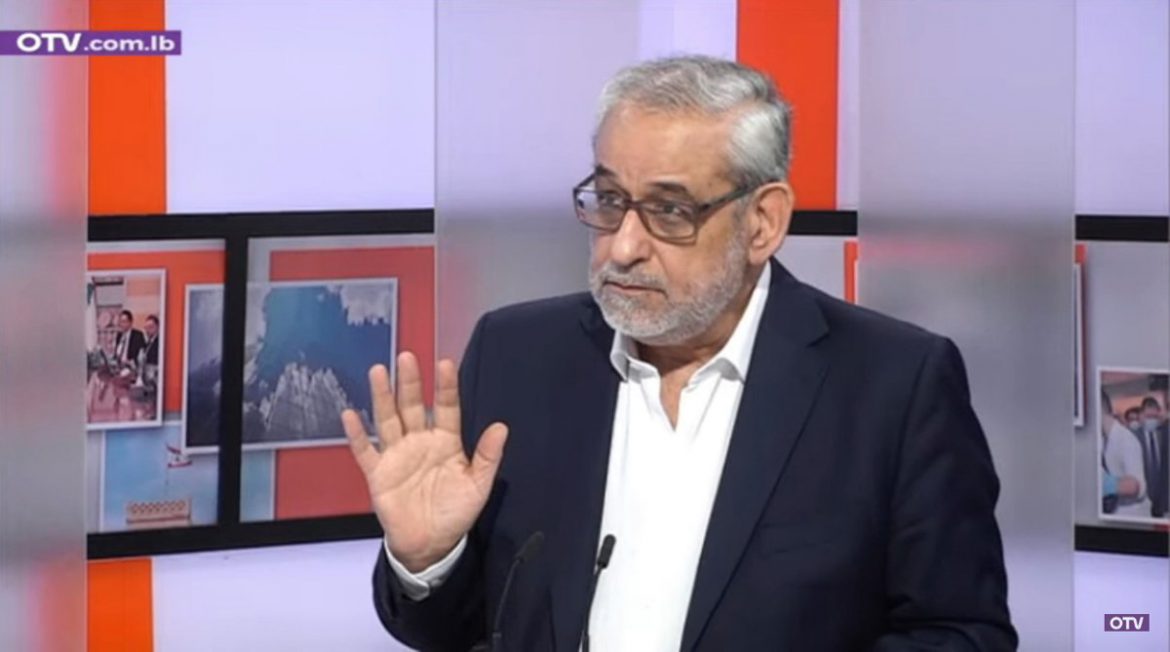The sounds of Israeli bombings across Lebanese territory are pervasive, signaling a state of war in Lebanon, stated Hagop Pakradouni, representative of the ARF Lebanon Central Committee and member of the Lebanese Parliament, in an interview with “Hetq.”
Following Israel’s military response to a Hamas attack in the fall of 2023, tensions escalated on the Israel-Lebanon border. Shelling and bombings have expanded beyond border villages to regions further inland. Just half an hour before the interview, Israel bombed the southern and eastern suburbs of Beirut, leaving residents in constant fear.
According to Pakradouni, Israel’s attacks stretch from the Lebanese border to Beirut’s southern suburbs, even reaching areas considered the heart of the capital, as well as Bekaa and Baalbek provinces. Approximately one million people have fled these areas. Pakradouni notes there is no entirely safe place in Lebanon.
He emphasized that although Israel claims to target military sites, the reality is much broader. “This is a full-scale war aimed at creating instability in Lebanon,” he said, accusing Israel of using a range of weapons including drones, F-35s, warships, and missiles. On October 2, Israeli forces attempted to penetrate the border but were forced to retreat, incurring significant losses, according to Pakradouni. That night, warships targeted Beirut’s southern suburbs.
Pakradouni expressed concern over the lack of substantial international intervention, stating that Israel operates with impunity, backed by the U.S. and Western powers under the pretext of self-defense. His fear is that the war could expand across the region.
Though Armenian-populated areas in Lebanon have not been specifically targeted, Pakradouni noted that the bombings affect the entire country. In the Armenian-inhabited city of Anjar, displaced people have been provided with essential aid. On October 2, a meeting was held to coordinate charitable assistance, while political parties also convened to discuss emergency responses.
“This is a humanitarian crisis,” said Pakradouni, likening the situation in Lebanon to that in Gaza. He added that Lebanon, already in an economic downturn, is ill-equipped to handle the influx of one million displaced people. Businesses have been destroyed, trade has declined, and prices have risen.
Pakradouni also mentioned ongoing contact with the Armenian embassy in Lebanon. While there were rumors of evacuating Armenian citizens, no decision has been made yet. He stressed that if Armenians were to leave Lebanon, their only destination should be Armenia, where the government must provide proper support and dignified conditions.




